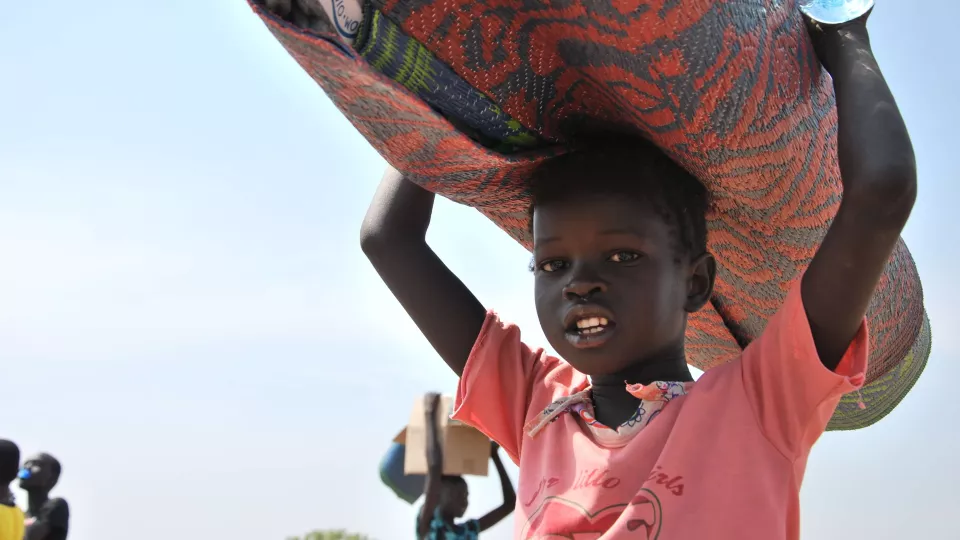
How the Start Fund is filling huge gaps in humanitarian response around the world
On its third anniversary, just as the Start Fund begins its 100th crisis response, Gloria Donate from Plan International UK, tells us about the very first response.

On its third anniversary, just as the Start Fund begins its 100th crisis response, Gloria Donate from Plan International UK, tells us about the very first response.
Follow in real time as Start Fund members tackle Lassa fever outbreak in Togo
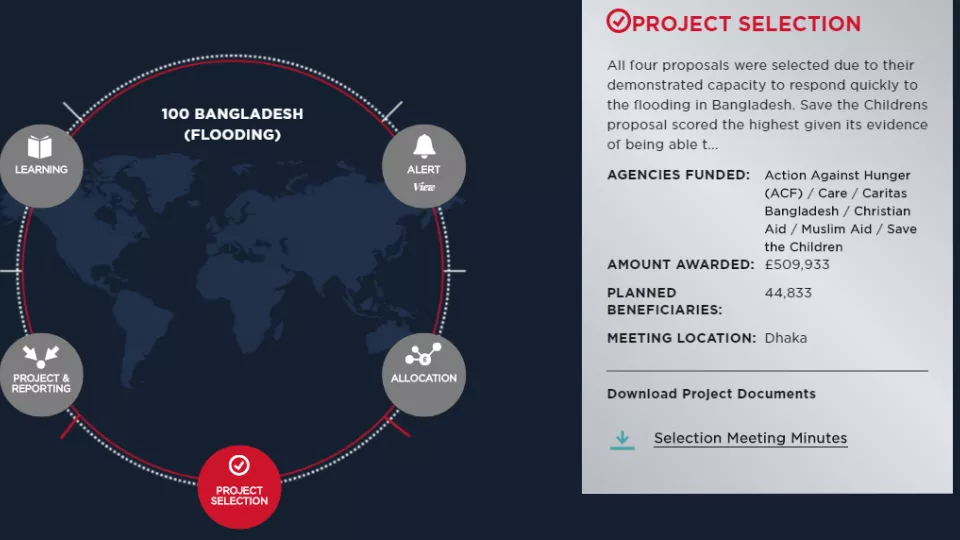
Start Network has launched a new online platform that will allow its members, donors and the public to monitor humanitarian alerts as they happen, follow how money is spent and see how many people have been helped.
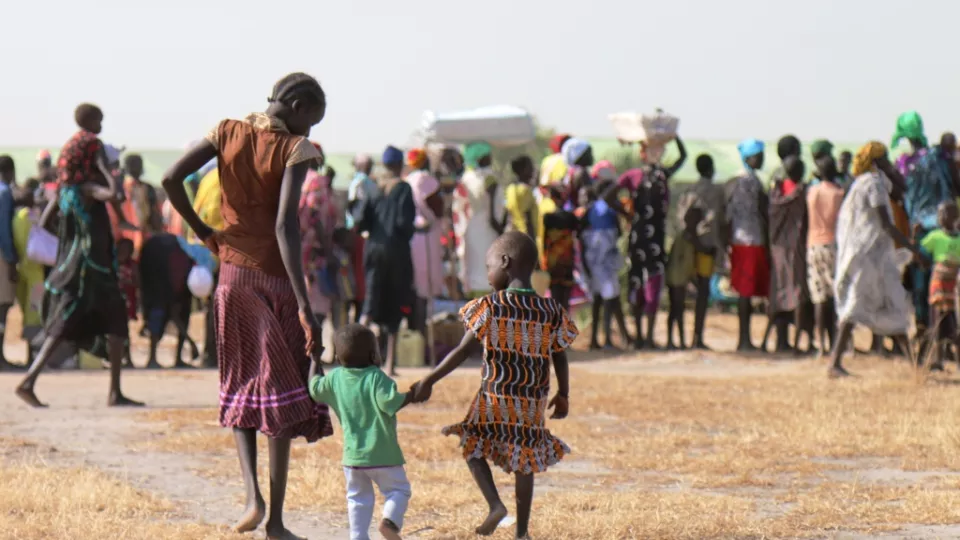
Marko Madut Garang discusses the innovative approaches to capacity building being piloted through the Protection in Practice project.
We spoke to Guillaume Bahizire, a co-facilitator of the Context programme in DRC, which provides long-term learning and development through face-to-face group-based learning, coaching, individual project work and web-based learning.
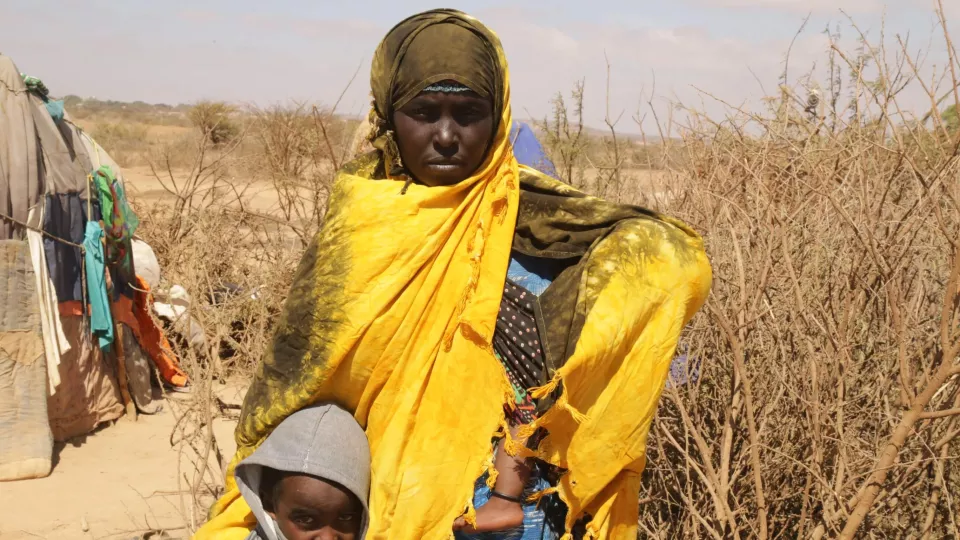
As the global news agenda focuses on the famine across South Sudan, Somalia, Ethiopia and Kenya, the need for humanitarian agencies to better respond to slow onset and protracted crises is highlighted in a new report.
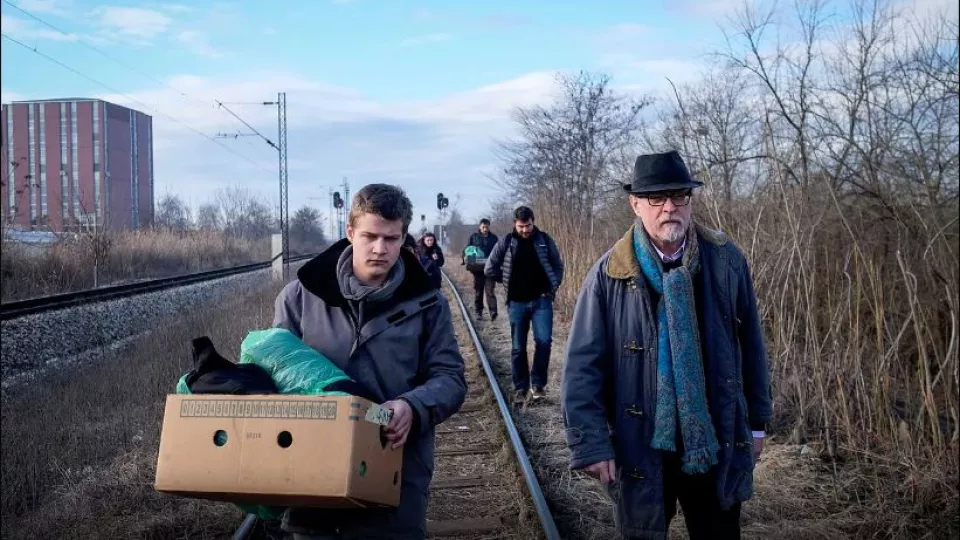
The tremendous challenges faced by refugees and migrants stranded at the border between Serbia and Hungary, and Oxfam's efforts to assist them.
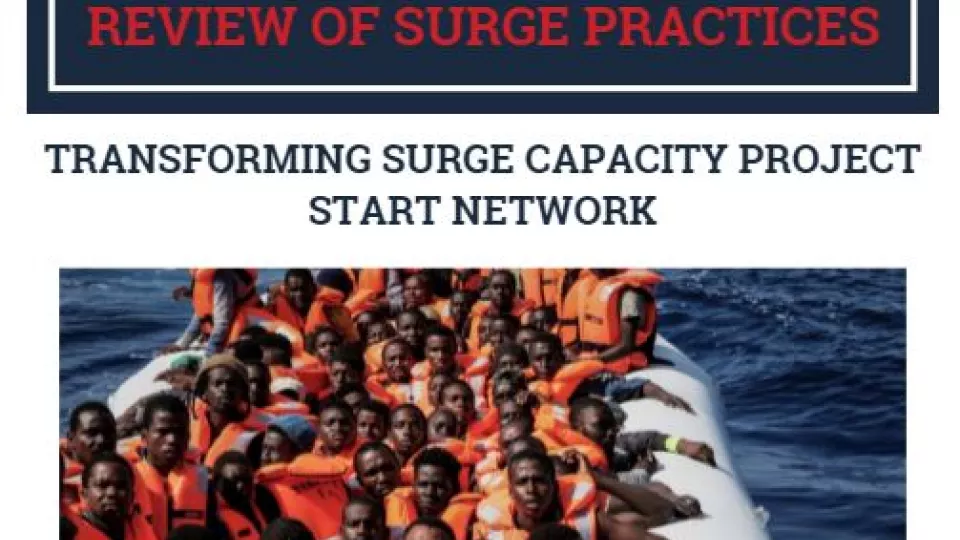
This report presents the results of the second tracking mechanism on surge practices for slow-onset crises as part of the Start Network Transforming Surge Capacity Project.
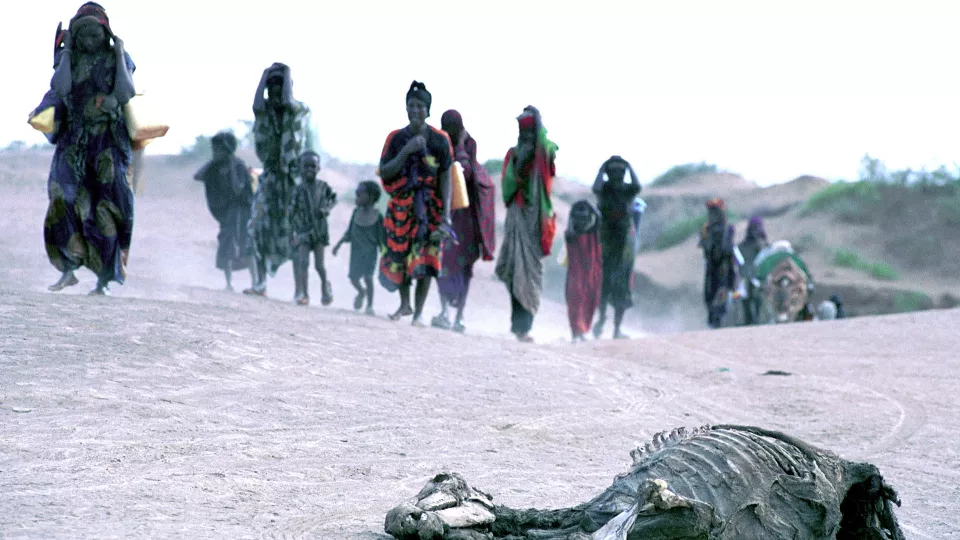
Crisis Anticipation Adviser Luke Caley talks to the Guardian about the value of early response and the Start Network's efforts to shift humanitarian action from reactive to anticipatory.

The growing intensity and complexity of humanitarian disasters requires us to work in new, innovative ways. Stephen O'Brien, the United Nations' Under-Secretary General for Humanitarian Affairs and Emergency Relief Coordination, outlines why.